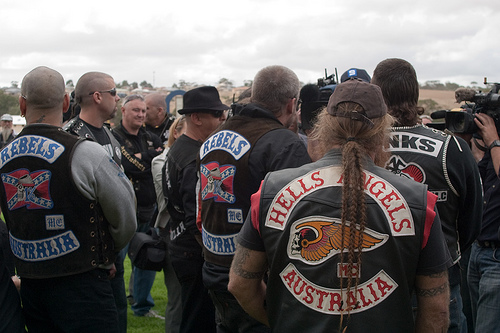
The validity of so-called
‘anti-bikie’ laws in NSW is in doubt after the High Court ruled yesterday that
a key part of a similar law in South Australia is unconstitutional.
Clearly, governments must
respond robustly to criminal gangs. But yesterday’s High Court ruling in the Totani case has affirmed the importance
of an independent judiciary, said the Chief Executive Officer of the Public
Interest Advocacy Centre (PIAC), Edward Santow.
Under South Australia’s
‘anti-bikie’ law, the SA Attorney-General could declare an organisation to be
engaged in ‘serious criminal activity’. Any member of that organisation could
then have their freedom of association and communication restricted by a
‘control order’, without any opportunity for an appeal.
The SA law borrowed heavily from
extraordinary laws that were introduced to combat terrorism.
Crucially, the SA law required a
Magistrate to issue a control order on application by the Commissioner of
Police. Neither the Magistrate, nor any other court, could properly review the
basis of the control order.
The Magistrates Court was being
used to provide a veneer of legality. It was an attempt to hide the fact that
there was no real opportunity for the judiciary to scrutinise what was
happening, Mr Santow said.
The High Court recognised that
we have an ‘integrated national judicial system’. If individual states are
allowed to degrade the independence of certain courts, it reduces public
confidence in the legal system as a whole.
While there are certain differences
between the SA and NSW anti-bikie laws, the Totani
decision casts some doubt on the NSW legislation, Mr Santow said.
Media contact: Dominic O’Grady, PIAC Media and Communication Officer. Ph: 02 8898 6500
Photo: Flickr/Roy Lister